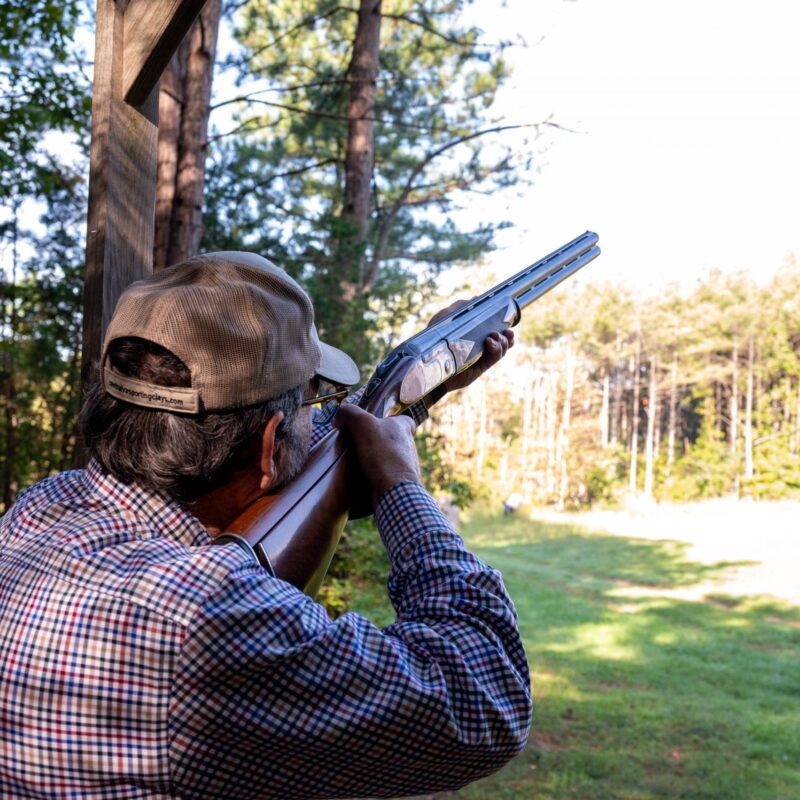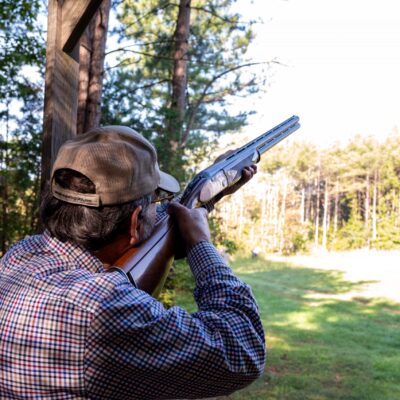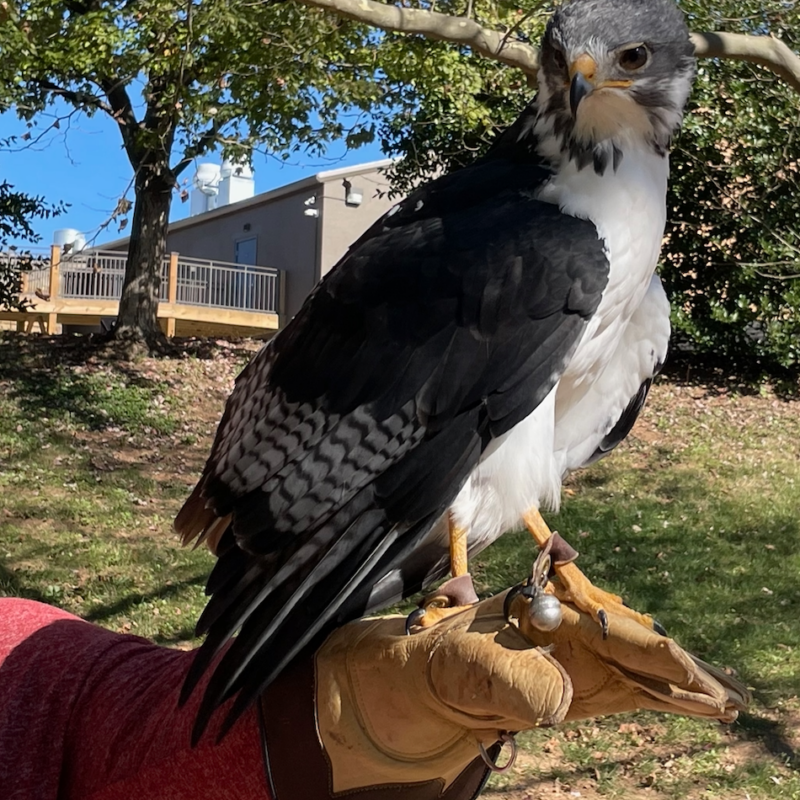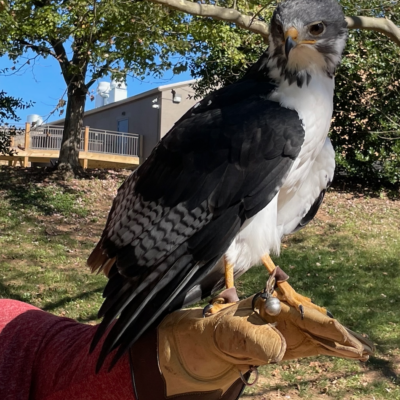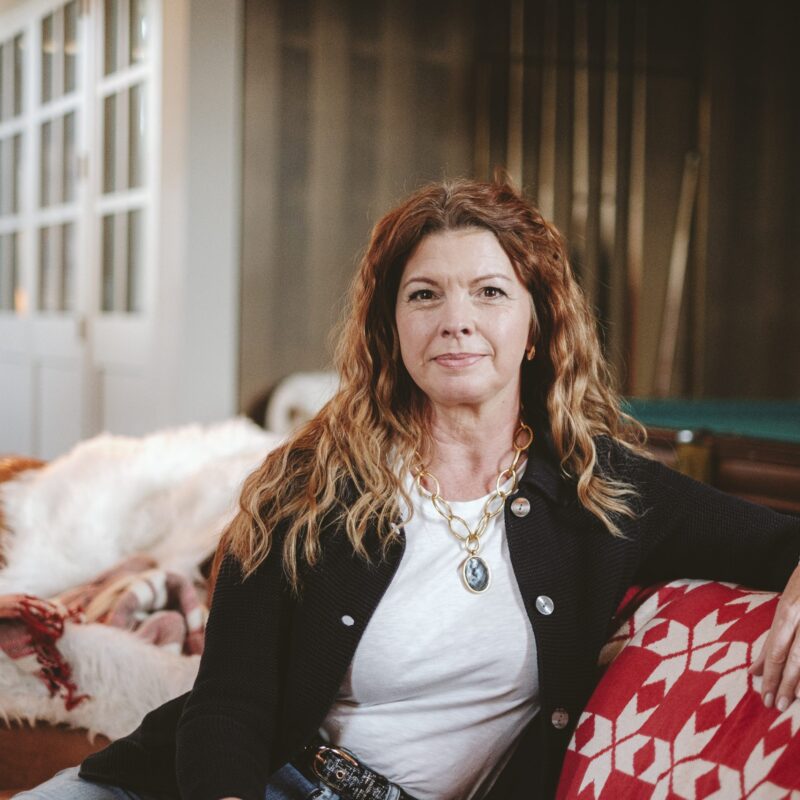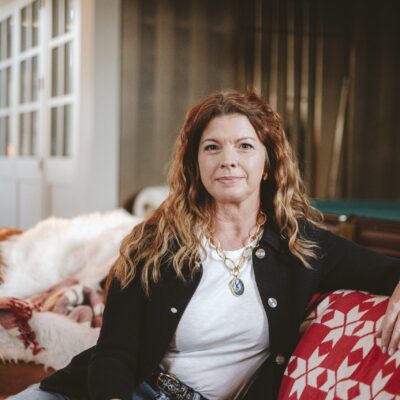Grapevines are everywhere Chris Hill goes. The first thing he says, standing tall and white-haired beneath the great terraced slopes of Delfosse Vineyards, wearing a Virginia Tech hat and aviator sunglasses, is “Are you familiar with how a grapevine grows, Toby?” Not really, and so at 9am on a chilly February morning, one of Virginia’s premier vineyard consultants begins to explain to me what he has spent almost 30 years perfecting
.
A typical day for Hill might involve getting a call from a winery that has a problem and needs his advice, or he might get a call from a winery that wants to avoid problems. He might have meetings with vineyard managers about spraying schedules, or about when to prune. Sometimes he gets asked to advise wannabe winery owners as to whether the land they’ve chosen is good for grape growing. If it’s a terrible site, he tells them, and they get angry, even though he’s saved them thousands of dollars and a lot of heartbreak.
 “Everything in nature wants to eat grapes,” says vineyard consultant and grape grower Chris Hill. “It’s a war out there.” |
Fifty-eight years old, Hill was born and raised in Virginia. He did a stint in the army after college, and was a social worker in Charlottesville for a time, before getting a second B.A. and an M.A. in horticulture from Tech. He returned to the Charlottesville area and, in 1981, planted his first grapevines at Glendower, an estate near Scottsville. He still maintains that vineyard today. About 13 years ago, he got serious about consulting. He is currently one of maybe five people in the state whose sole business is to help you grow grapes, and he does it for a dozen vineyards, most in Albemarle.
“In every endeavor it’s human nature to simplify things. …I complicate things because that’s my job,” he says. His job is grapes—perhaps the most complicated crop regularly grown in Virginia. “You can’t make any mistakes,” he says. Hill’s job is to prepare his clients for the mistakes and many disasters they don’t foresee, like frost, hurricanes, and the microclimates that make one vineyard get 3" of rain and another 17. Ultimately, he says, “It all comes down to the weather. …We can get as much rain in one week as some [places] get in a year.”
More grapes are grown in Albemarle than anywhere else in Virginia, and as Hill and I spend the day driving the county from grapevine to grapevine, I watch him engage in highly technical conversations with all sorts of people, from Spanish-speaking laborers to winery owners. He’ll lean against a pickup truck, or study a gnarled vine, his mild manner belying the fact that Chris Hill may be one of the most important people in Albemarle County. Grapevines are everywhere, and few people know them better than he does. Guys like Hill tie this industry together. They connect the dots between French winery owners, wealthy D.C. businessmen, and Virginia farm boys. Chris “Turtle” Zwadlo, the vineyard manager at the spanking new Greenwood winery Pollak Vineyards, is one of many local grape growers who turn to Hill to keep them out of trouble and ensure good fruit. “He’s as much of a mentor,” Zwadlo says, “as a consultant.”
As I prepare to take my leave at the end of a long day working with grapevines, I ask Hill what he’s got planned for the rest of the day. “I like going and doing my own pruning,” he says. On a beautiful, sunny, 50-degree February day, “you out in your vineyard pruning. …It’s a great place to be.”
